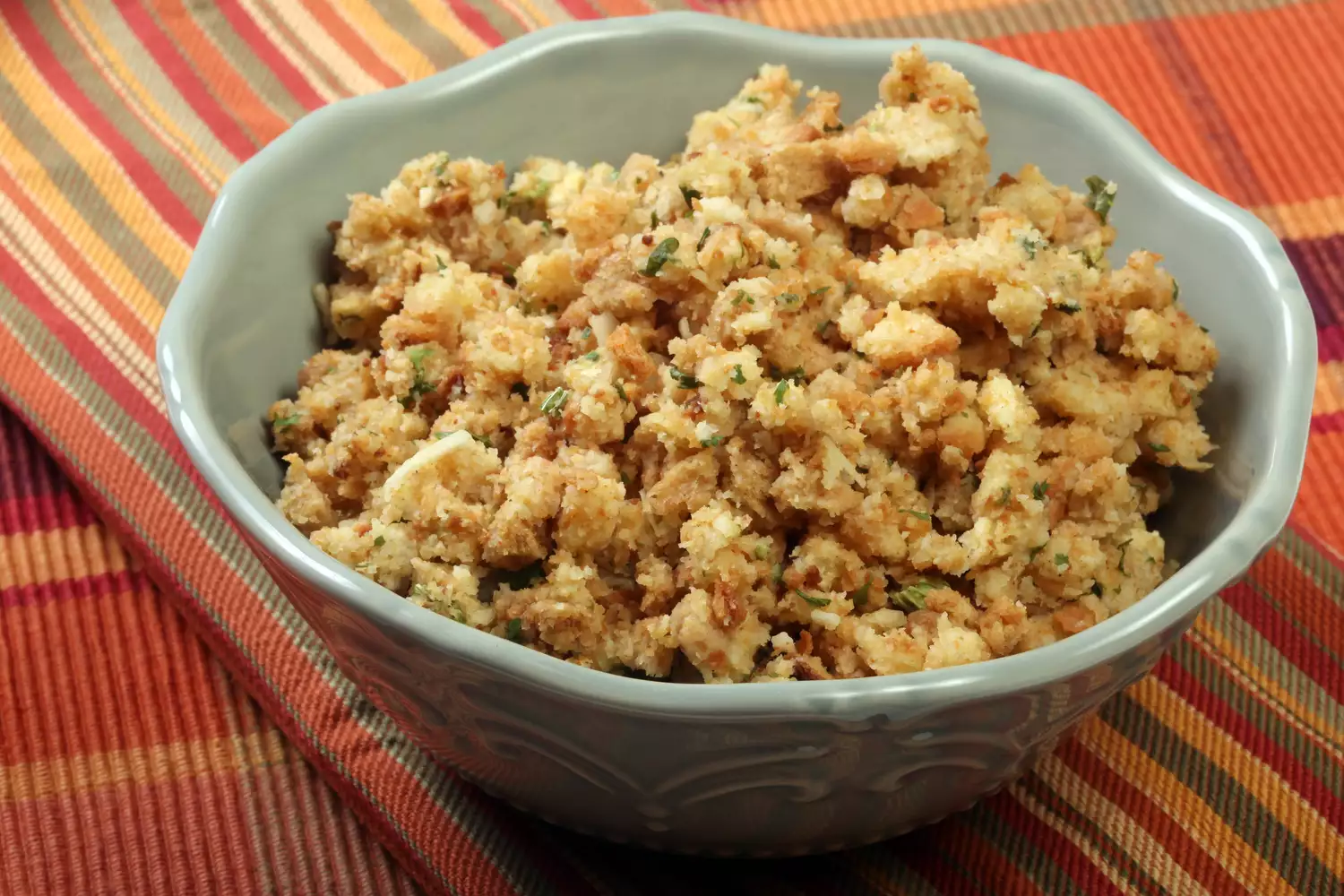
Lemongrass (Cymbopogon citratus), often called lemon yard or citronella, is a high grass-like active ingredient commonly utilized in Southeast Asian cooking. The lower stalks and bulbs of the plant have a fresh, tidy, lemony fragrance that is sometimes also contributed to non-alcoholic beverages, in addition to teas, marinades, curries, and broths.
In addition to its use as a flavoring agent, lemongrass and lemongrass important oil are likewise used for medical functions, some of which are supported by clinical proof.
Lemongrass Benefits
Lemongrass can assist with a range of typical conditions, like stress and anxiety, acute rhinitis, fever, inflammation, and insomnia. When taken orally, lemongrass is typically utilized to calm stomach discomfort and other gastrointestinal problems, consisting of cramps and throwing up.1 Lemongrass tea is known to deal with stomach conditions, indigestion, and gastric ulcers by protecting the stomach lining.2.
When utilized medicinally, lemongrass might be taken by mouth, rubbed on the skin, or breathed in as an aromatherapy treatment. Applied to the skin, lemongrass or lemongrass oil is used to deal with a headache and musculoskeletal pain. As an aromatherapy treatment, lemongrass oil extract may be inhaled to deal with muscle pain, infections, colds, or flu signs.
Lemongrass may also be consumed to treat:.
Anxiety.
Cancer prevention.
Acute rhinitis.
Cough.
Diabetes.
Epilepsy.
Fever.
Hypertension.
Musculoskeletal pain.
Rheumatism.
Sleeplessness.
While animal studies and extremely limited lab studies have actually supported some of these lemongrass uses, human proof is lacking to support these comprehensive medicinal advantages.
There are a few studies, nevertheless, that assistance certain minimal lemongrass advantages. Preliminary research has actually suggested that lemongrass oil contributed to a hair tonic may be able to decrease dandruff. More studies are required to verify this benefit.3.
Lemongrass Essential Oil Benefits.
Lemongrass important oil has actually been studied for its lots of advantages beyond what can be gotten from taking in the plant matter. Lemongrass necessary oil contains a substantial quantity of different bioactive substances, such as citral, isoneral, isogeranial, geraniol, geranyl acetate, citronellal, citronellol, germacrene-D, and elemol. These substances have antifungal, antibacterial, antiviral, anticancer, and antioxidant residential or commercial properties.4.
Research study shows that lemongrass important oil can be used as a healing representative for treating inflammatory skin conditions and decreases dandruff due to its antimicrobial and anti-inflammatory homes s can likewise inhibit the growth of the fungis associated with triggering dandruff.2.
Lemongrass Nutrition.
One tablespoon of fresh lemongrass offers about five calories, most of which originate from carbs (fiber) and protein, according to USDA information.5 Lemongrass provides fiber, carbs, and vitamins A, B, and C that strengthens the body’s body immune system, repair tissue damage, and promote cell division, respectively. It also contains magnesium, essential for protein synthesis, glycolysis, and muscle activity, selenium for cognitive function and fertility, phosphorus for DNA/RNA and cell membrane synthesis, and zinc, useful for wound healing, growth, and development.2.
Minerals in lemongrass consist of calcium (3 mg), potassium (34 mg), manganese (0.2 mg), magnesium (2.9 mg), and iron (0.4 mg). Lemongrass likewise provides certain vitamins (in really small amounts), consisting of vitamin A, vitamin C, folate, and niacin. Nevertheless, taking in lemongrass won’t have a considerable influence on your day-to-day vitamin requirements.
Lemongrass flavored oil offers substantially more calories since it is usually a combination of a cooking oil (like canola oil) and lemongrass extract. One popular brand of lemongrass flavored spray on oil offers 40 calories per serving (1 teaspoon) and 4.5 grams of fat.
Selection, Preparation & Storage.
Lemongrass is getting much easier to discover in grocery shops, although in some locations of the nation you might require to go to a specialized Asian market to find it. When picking lemongrass, look for firm green stalks with healthy looking bulbs attached.
To use lemongrass in teas, soups, broth, or other liquids, crush the bottom area of the stalks to release the fragrant oil. Then, immerse the pieces in the liquid so that aromatic oils are released. Eliminate the stalks prior to eating or drinking the drink.
In other recipes, you may need to slice or mince the bulb or lower location of the stalks prior to contributing to a curry, salad, marinade, or stir-fry.
Example Recipes.
Attempt utilizing among these recipes that consist of lemongrass:.
Thai Green Curry Paste Recipe.
Sweet Cherry Ginger Fizz.
Possible Side Effects.
Lemongrass is likely safe for most people when consumed in typical quantities found in food. There may be some concerns when using it for medicinal purposes.
Utilized topically, lemongrass might cause skin inflammation. Additionally, taking in high quantities of lemongrass may cause dizziness, drowsiness, dry mouth, excess urination, and increased appetite.6.
Lemongrass necessary oil in high quantities can harm liver and stomach mucous membranes, according to Memorial Sloan Kettering Cancer Center, and extreme intake of lemongrass tea may also affect kidney function.6.
The medical center also warns that pregnant women need to avoid lemongrass since certain components in lemongrass caused abnormality in rats when consumed in large amounts. Additionally, people going through chemotherapy must avoid lemongrass since it might interfere with the actions of some chemotherapeutic representatives.





